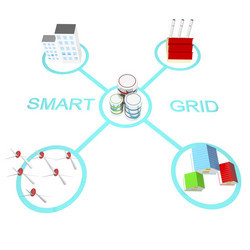How to assess the impact of new and emerging technologies
At present, there is a great diversity for assessing how science and technology can impact society and the environment. The EU-funded EPINET(opens in new window) (Integrated assessment of societal impacts of emerging science and technology from within epistemic networks) project set out to explore new ways for bringing more of these methodologies into concert with each other, as well as with the concerns of innovators, policymakers and citizens. EPINET developed a concept of epistemic (knowledge) networks and used it to map a number of actors via case studies within four technological innovation domains: wearable sensors for activity and physiological monitoring; autonomous robots for care and companionship; synthetic meat; and smart grids for power supply. It also identified the networks' relations with strategic EU innovation policy agendas. Project partners compared various assessment methods and provided insight into the function and potential of non-economic factors as drivers of technological innovation. Findings led to a series of policy recommendations mainly targeting assessment practitioners and policymakers for each of the four technological fields. They contain guidelines for the good governance of wearable sensors, investigations into assessments of ethical, legal and societal aspects of autonomous robots and smart electricity grids in the EU, and a report based on the synthetic meat case study. By bringing together researchers, innovators and policymakers, EPINET was able to introduce more integrated technology assessment methodologies and practices. This novel, cross-cutting approach provides fertile ground for effectively assessing the societal and environmental impact of new and emerging technologies.







